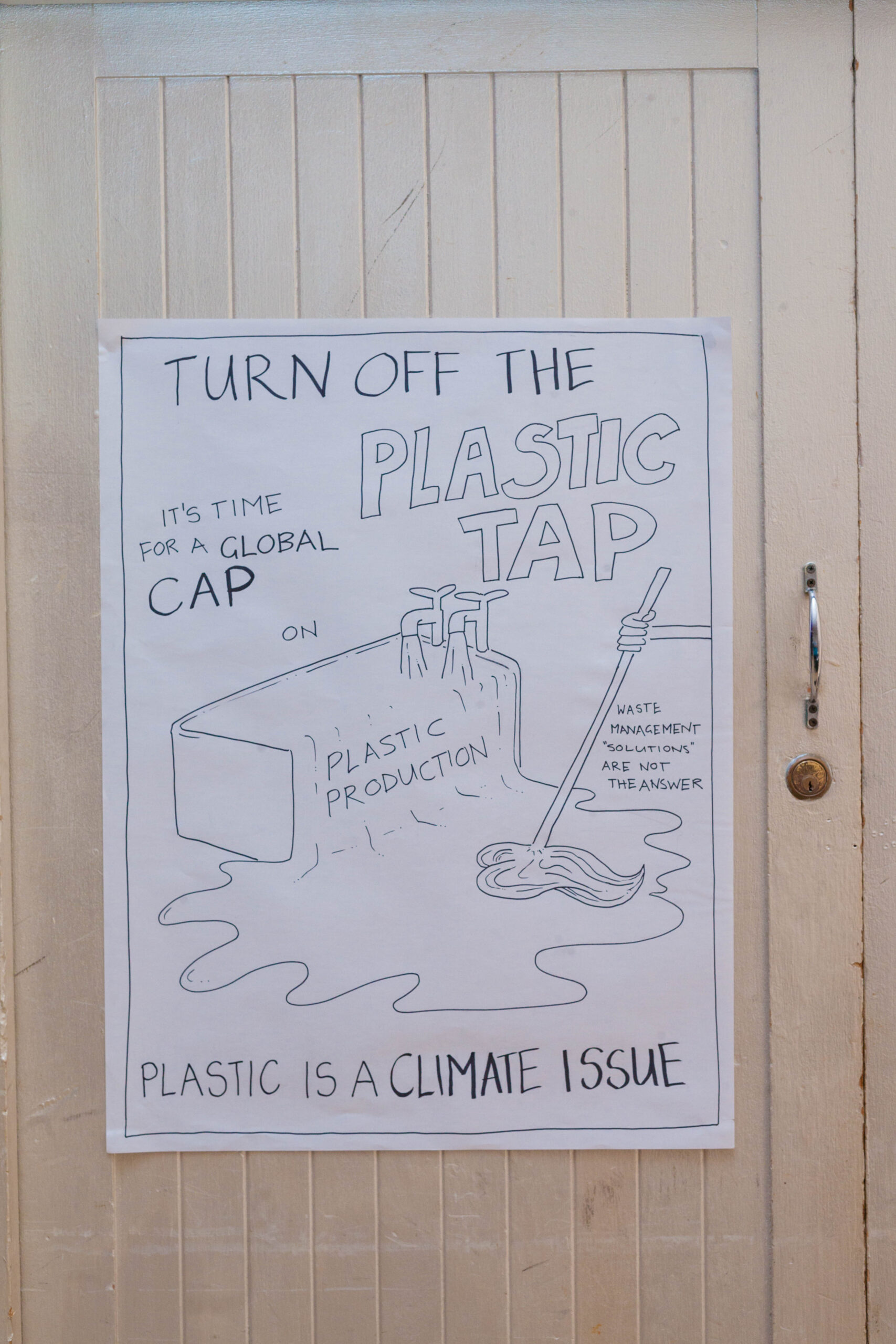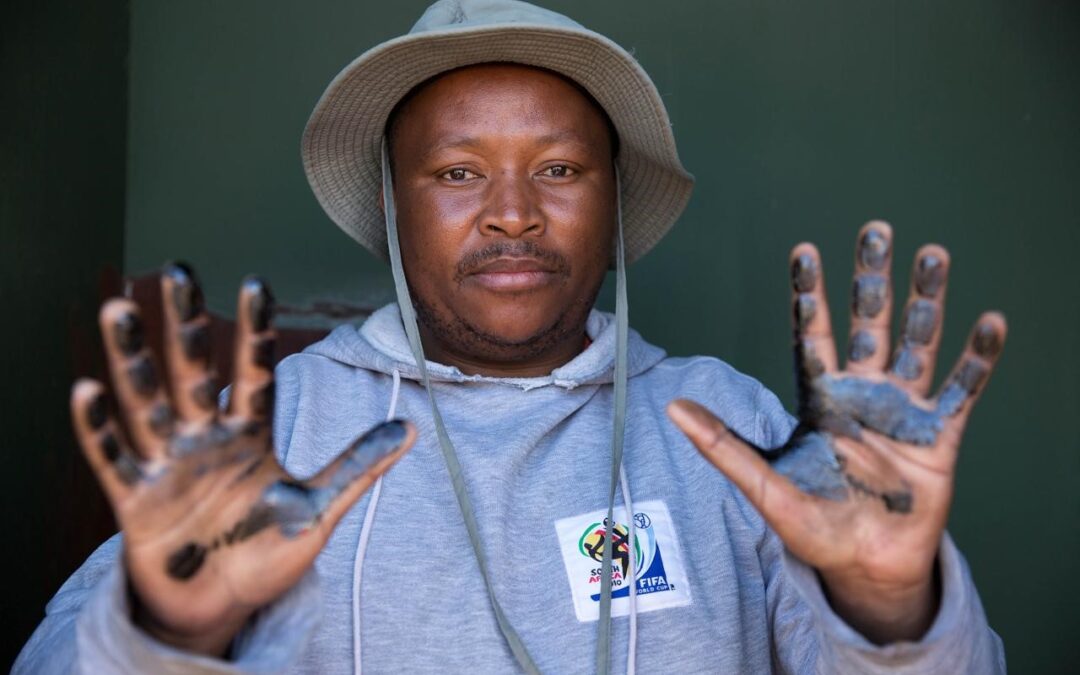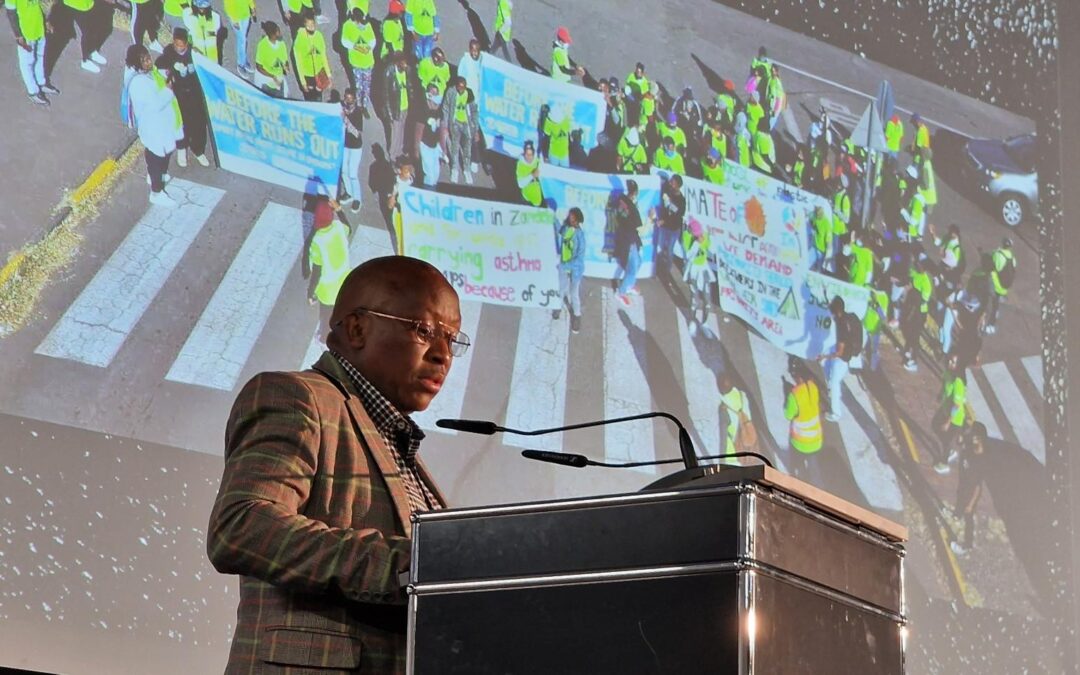
Reaction: UN Plastics Treaty talks close with insufficient progress to address the whole life cycle of plastic pollution
Monday 29 April 2024, Ottawa (Canada) – The fourth session of negotiations towards a Global Plastics Treaty have closed with disappointment and determination for the fight against plastics. While there was progress on substantial negotiations in Ottawa, countries are leaving with a treaty text that is not yet ready for final negotiations later in the year. Low ambition countries backed corporate power successfully delaying progress on what is hoped to be an ambitious Treaty that would cut plastics at the source by reducing production. Civil society groups like Friends of the Earth International are now looking to the intersessional work ahead of negotiations in South Korea in November this year, to make headway towards a Treaty that addresses the issue of corporate influence in decision-making, brings an end to the global waste trade and reduces production.
Abdul Ghofar from WALHI / Friends of the Earth Indonesia, says: “INC-4 ended without strong commitments on plastic production reduction and funding mechanisms, especially for Global South countries. To end plastic pollution across the life cycle of plastics and fulfill the Paris Climate Agreement commitments we need a strong and binding international agreement that does not accommodate the interests of the fossil fuel industry.”
Gohar Khojayan from AWHHE / Friends of the Earth Armenia, says: “Pollution like climate and biodiversity is recognized as a planetary crisis. However, it does not have its own funding to implement the necessary measures. A dedicated multilateral fund should be created with sufficient, predictable, and sustainable funding that implements the polluter pays principle. I hope that the intersessional work will deliver much needed results.”
Rico Euripidou from groundWork / Friends of the Earth South Africa, says: “Worryingly many countries are still advocating that toxic chemicals in plastics should be regulated under existing environmental agreements. Existing conventions regulate less than 1% of toxic chemicals routinely used in producing plastic materials and products.”
Beatrice Olivastri from Friends of the Earth Canada, says: “At the end of INC-4, we’re seeing some progress with an agreement for intersessional work before the next and final negotiations and a proposed target for 40% reduction for primary plastic polymers by 2040 against a 25% baseline by some countries. Even though we’d like a higher target, this represents an important step forward.”
HYEIN, Yu from KFEM / Friends of the Earth south Korea, says: “The success of the International Plastics Treaty depends on the reduction of primary plastic polymers. There was not enough discussion on this at INC-4, and it is likely that this will continue at INC-5. As a host country and a member of the HAC, the Korean government should make an ambitious declaration on reducing primary plastic polymers.”
Sam Cossar-Gilbert from Friends of the Earth International, says: “While we saw a slow and improved progress in the Plastics Treaty negotiations process, not enough agreement was made on key issues of reducing plastic production, securing a funding mechanism for the Global South, reducing corporate influence or stopping the toxic waste trade. We must redouble our efforts to ensure a strong treaty to end plastic pollution.”
– end –
Media contacts
Ghislaine Fandel, . Remote 23-29 April; speaks English/French/Spanish.
Sam Cossar-Gilbert // // WhatsApp/Signal +61 413 496 570
// @samcossar // in Ottawa 21 – 29 April



